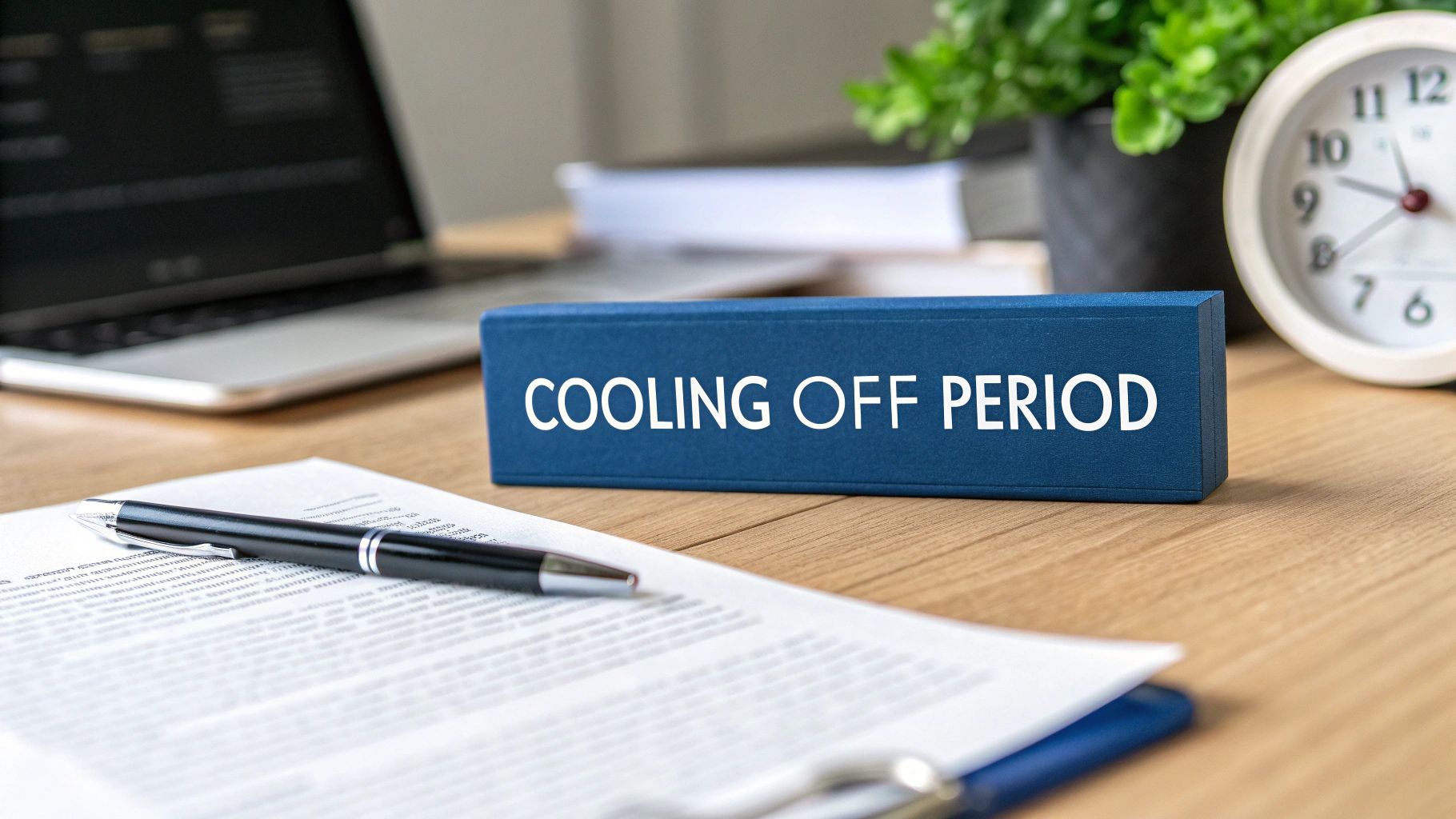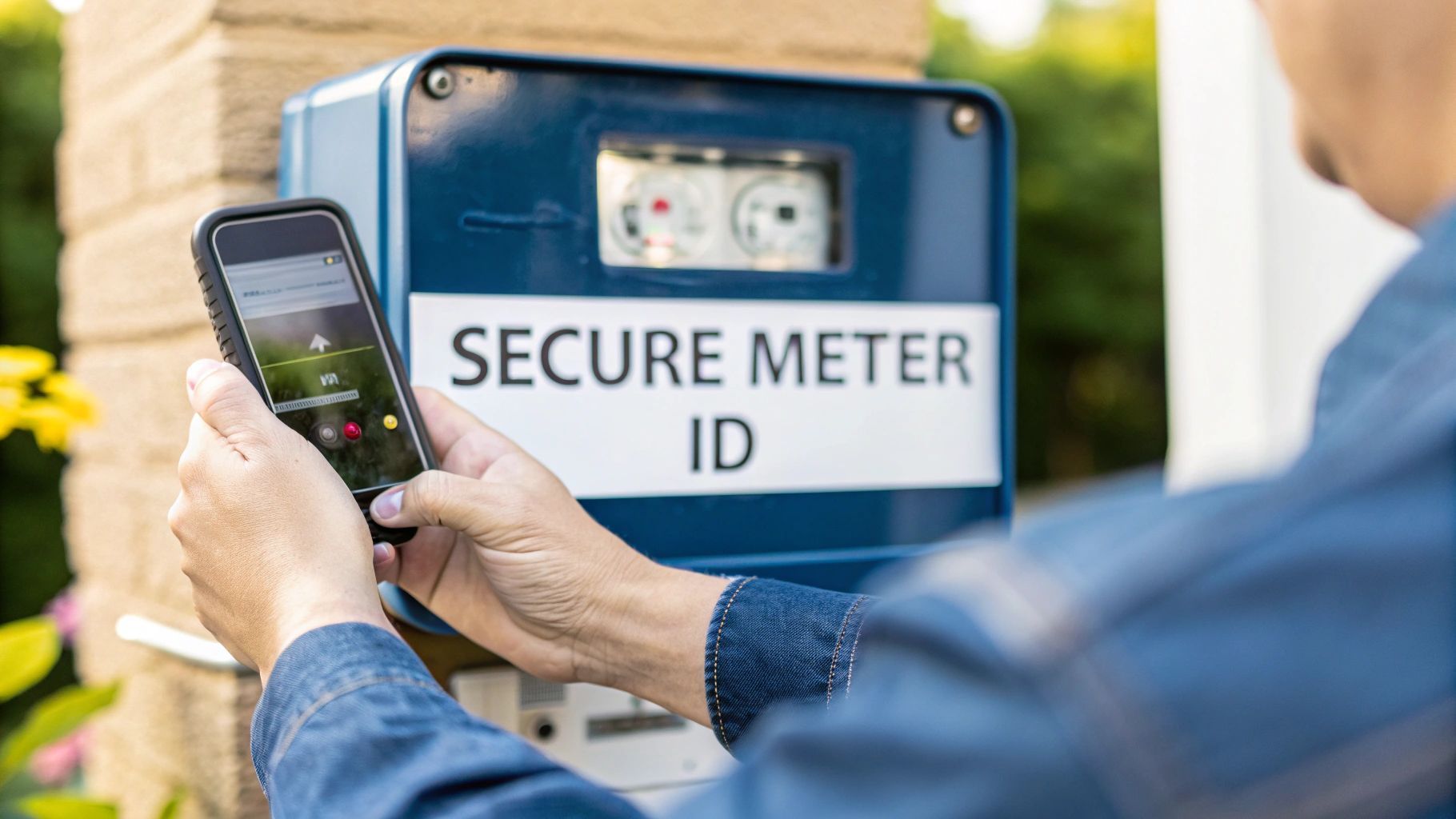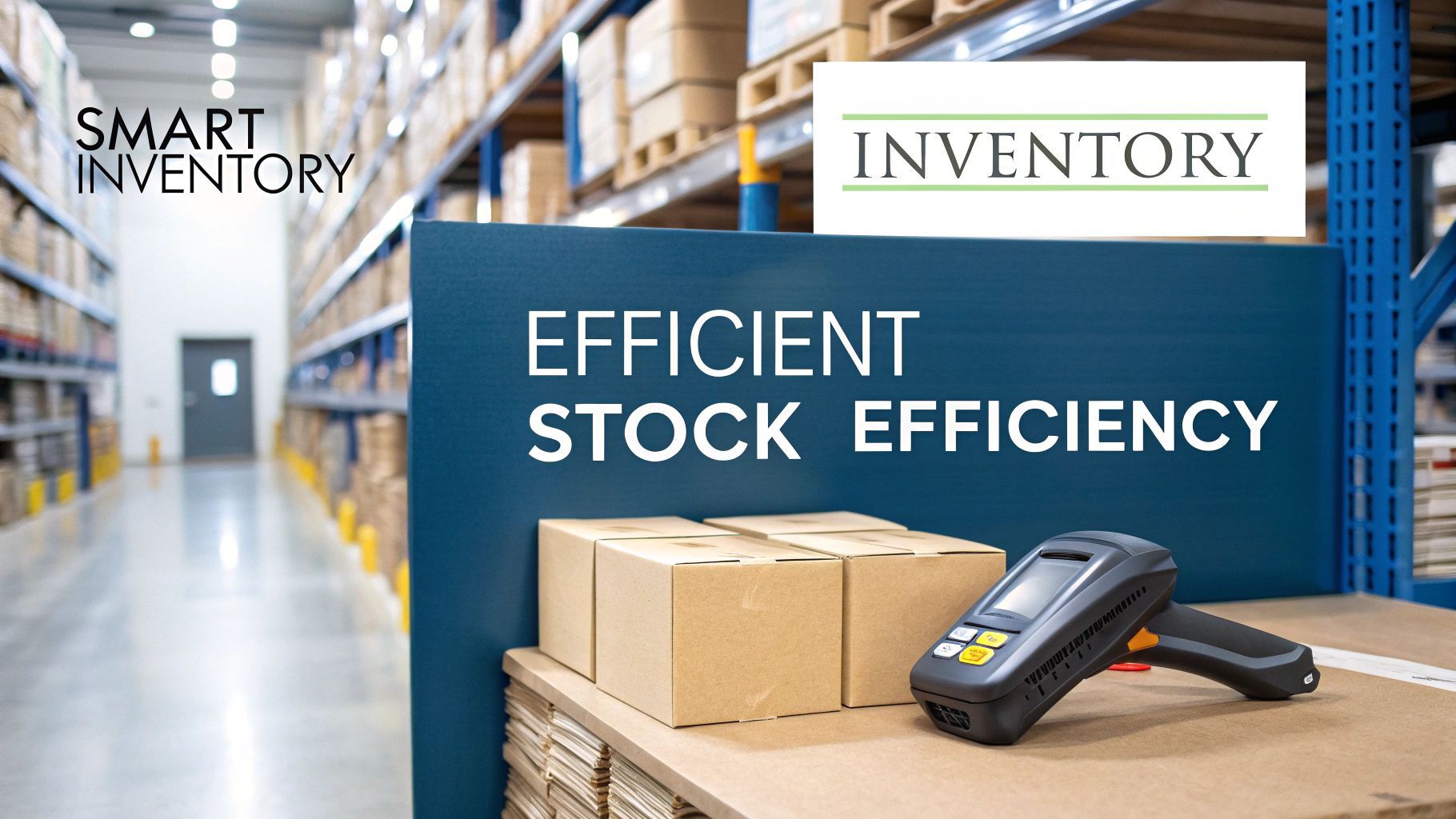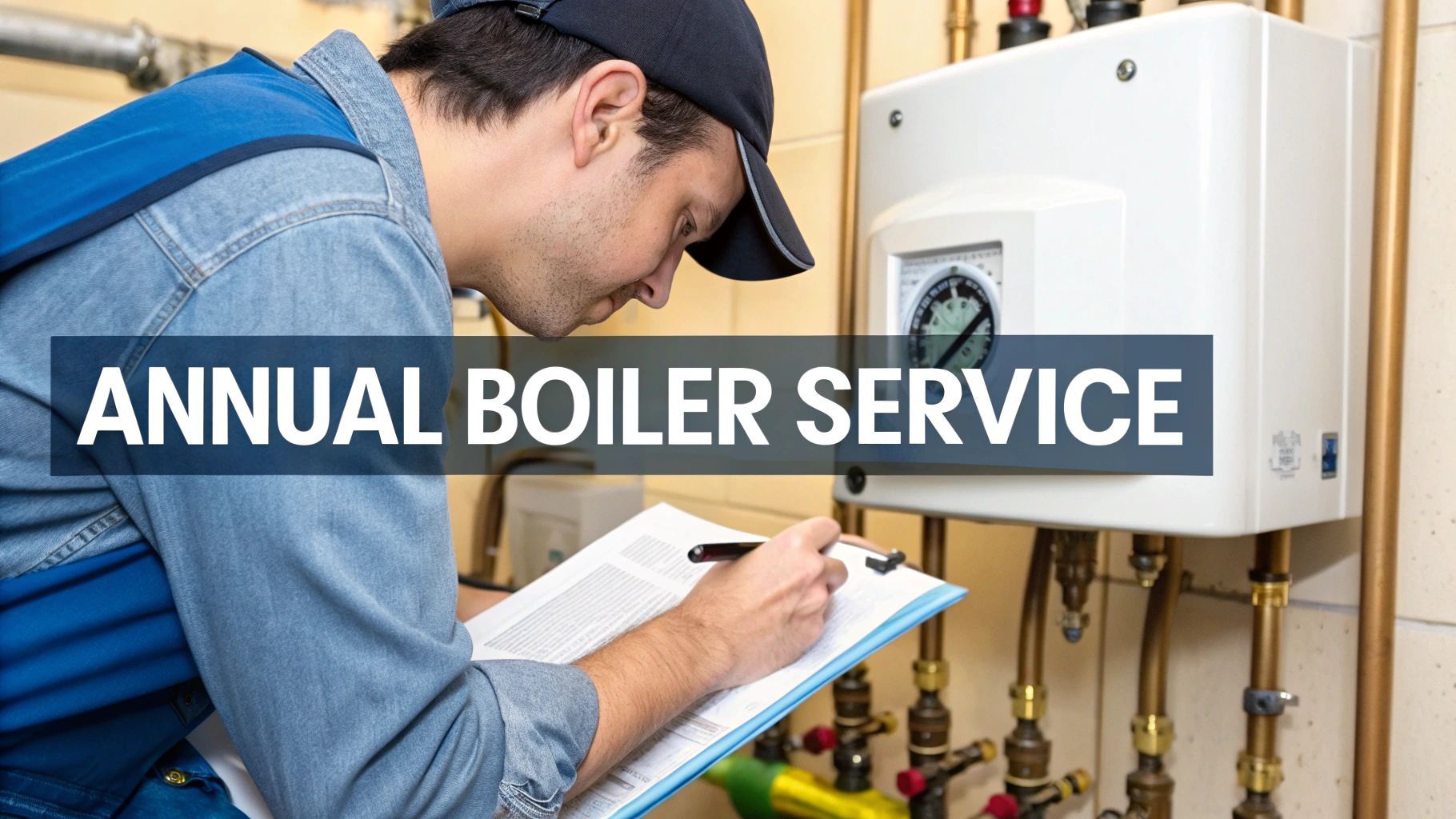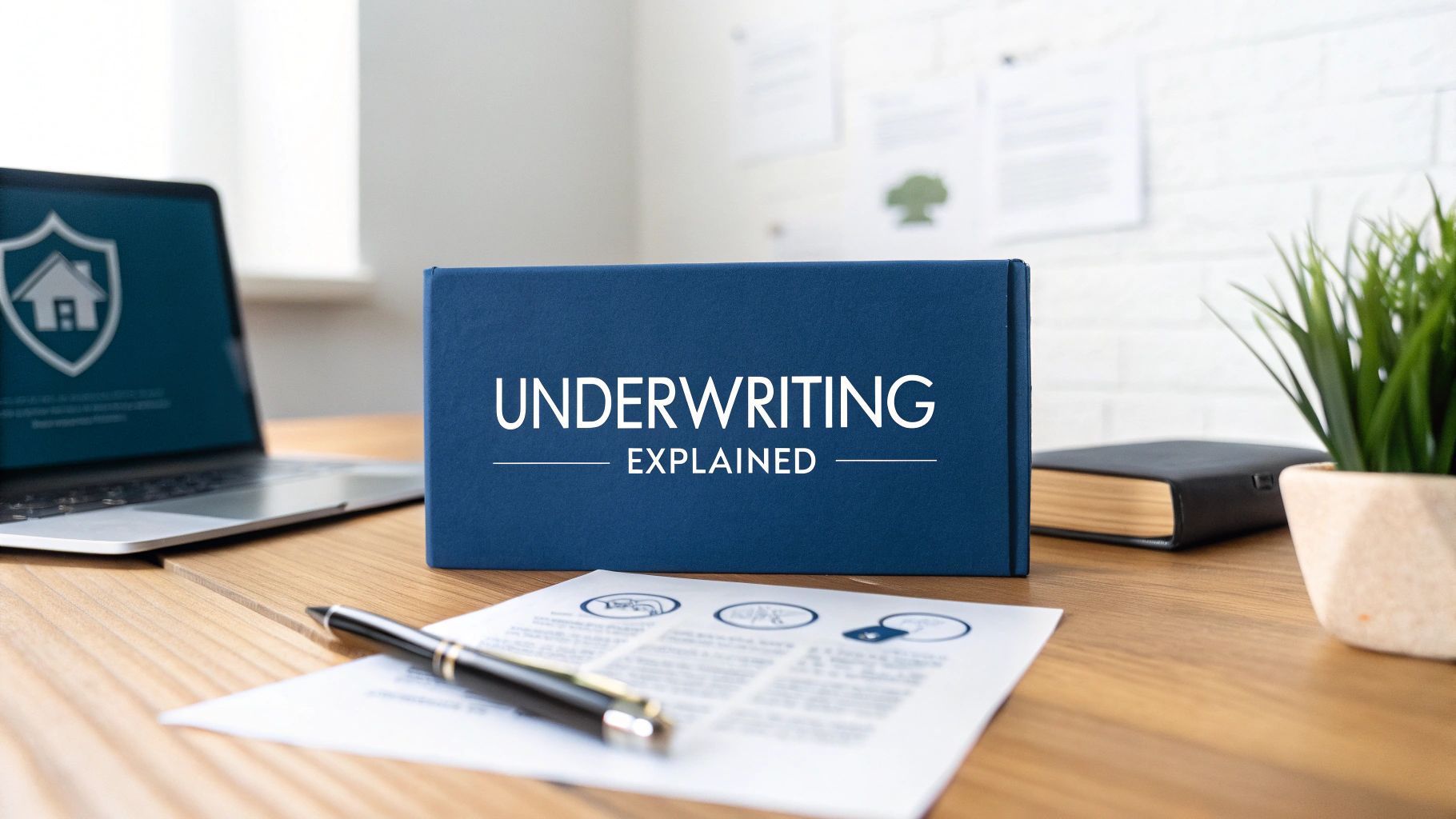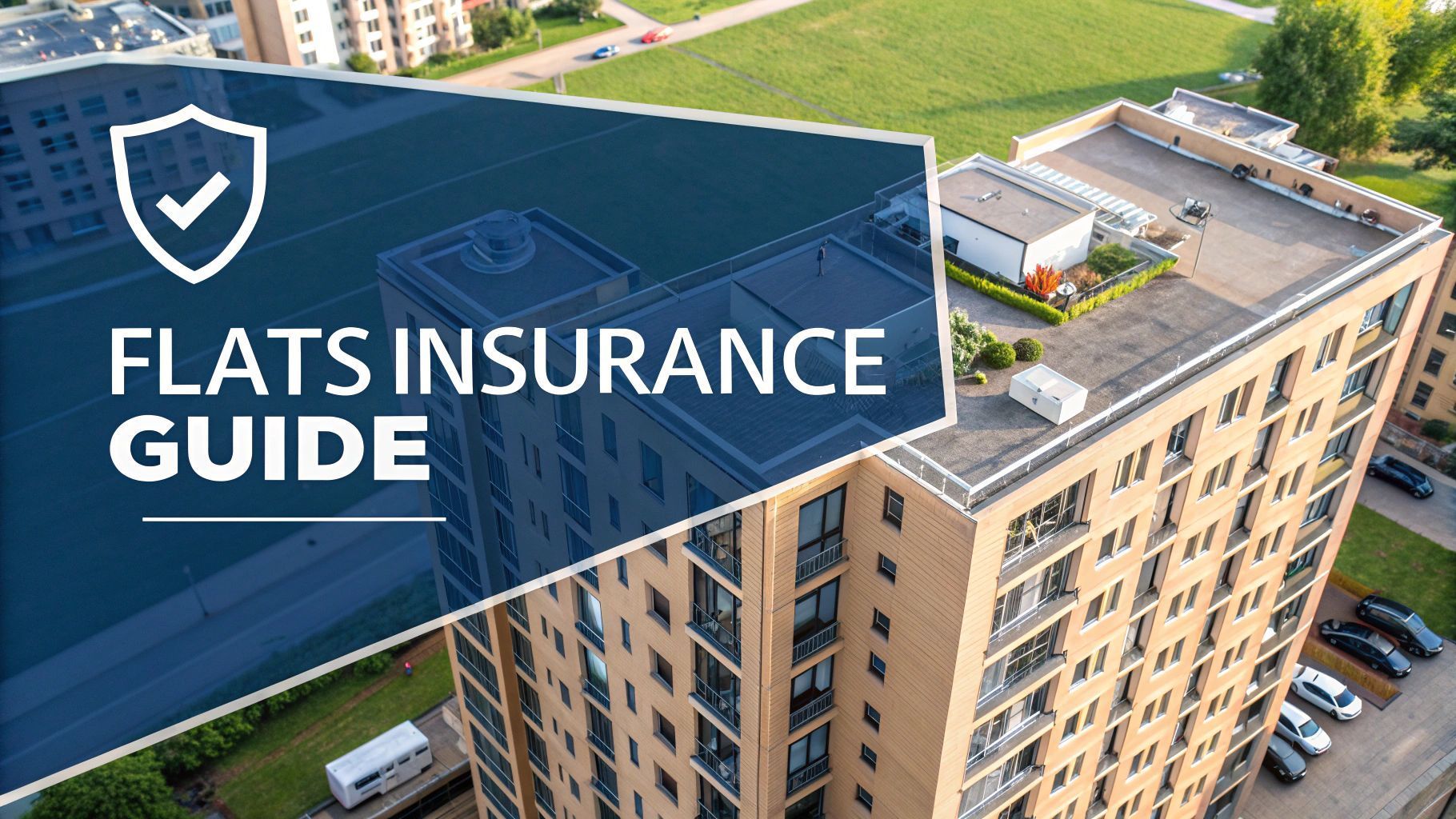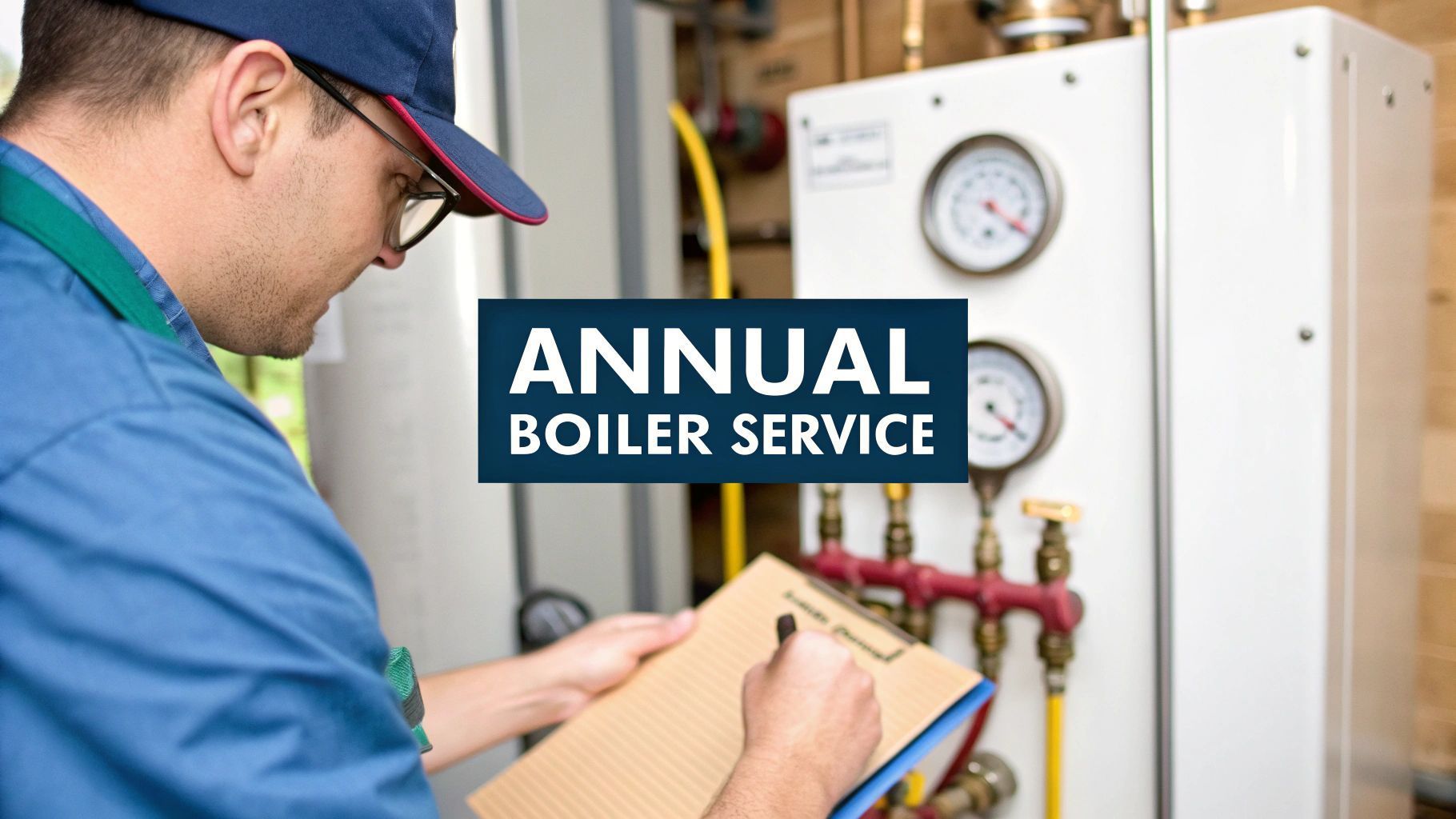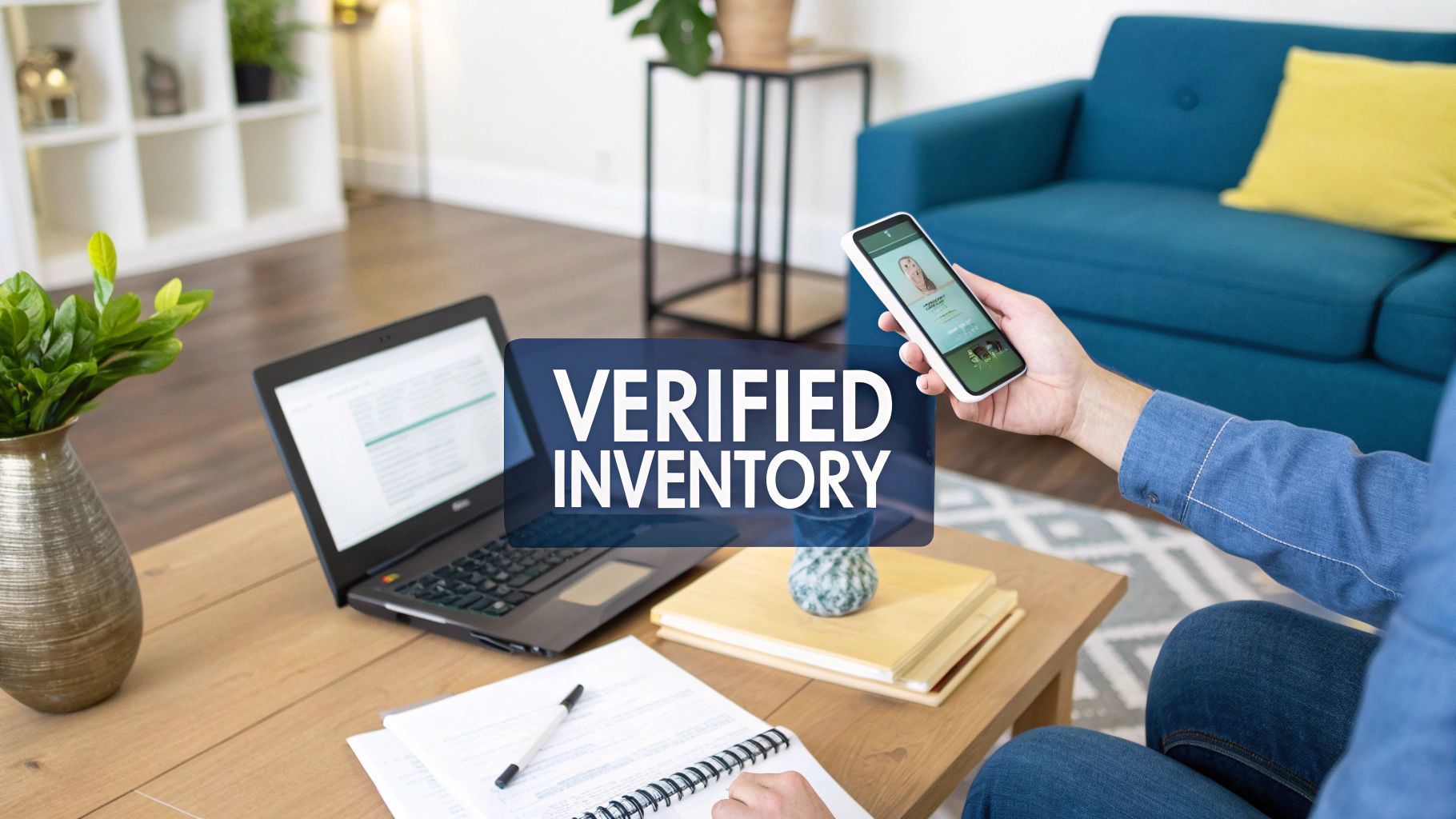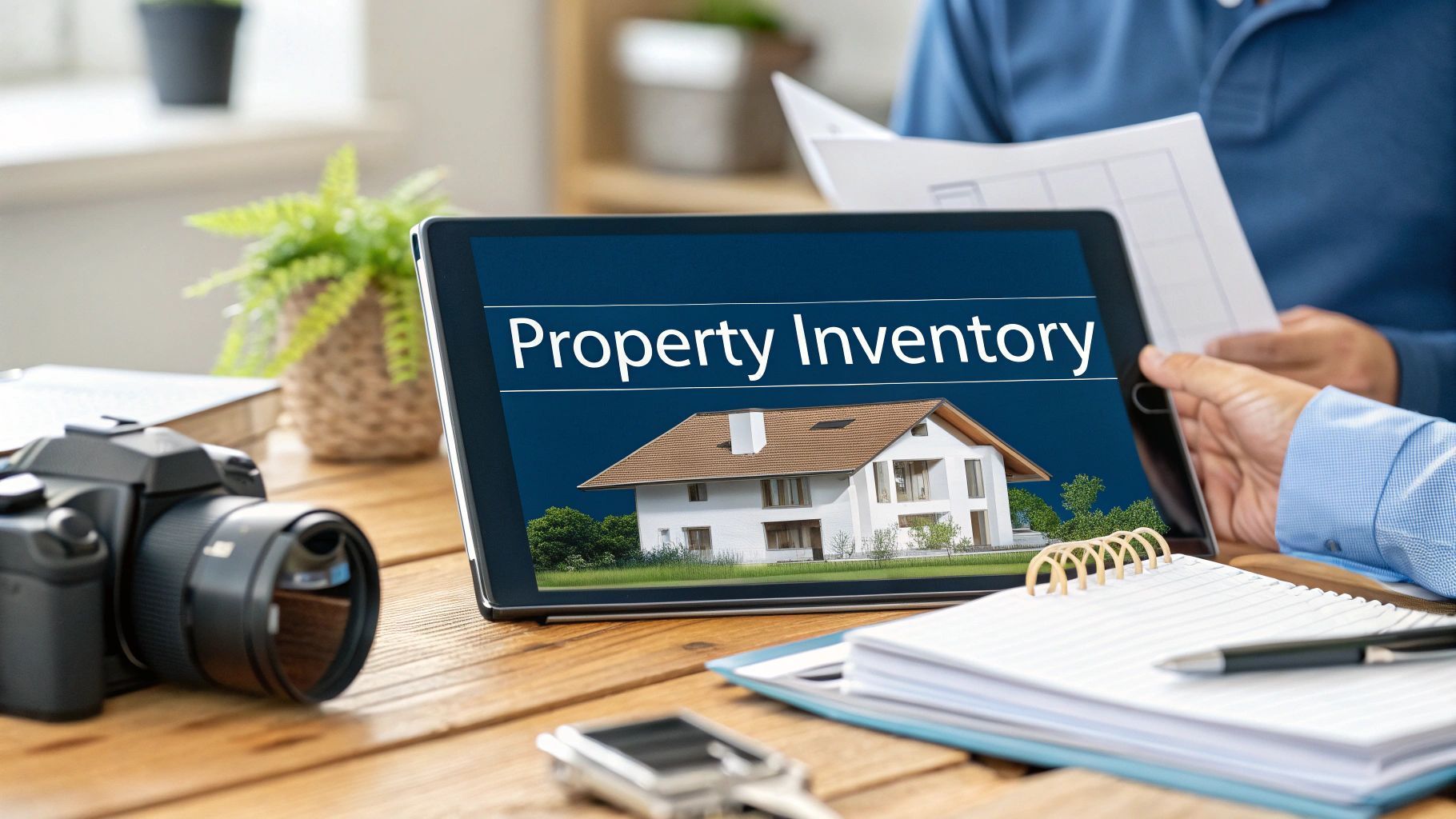Your Guide to LV Home Insurance Policies
Choosing the right home insurance is not just a box-ticking exercise; it is about protecting what is likely your most valuable asset. This guide will walk you through what makes LV= a popular choice for homeowners across the UK, breaking down their policies and just as importantly, their claims process.
We will also dive into the critical issue of insurance fraud and show how LV='s sharp focus on provable claims actually benefits honest customers like you by keeping premiums down.
Understanding Your LV= Home Insurance Options
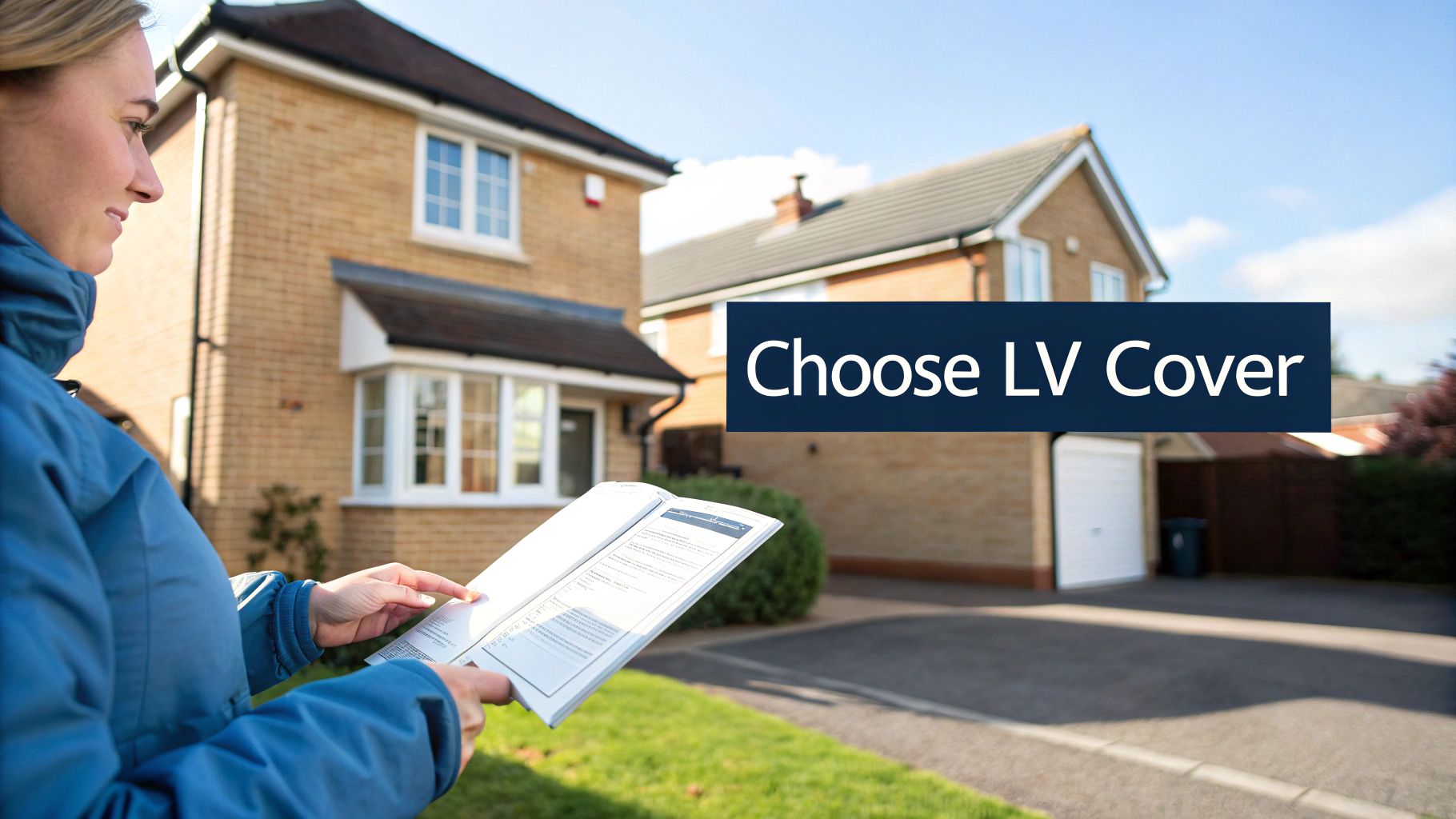
As one of the UK's most recognised insurers, LV= has built a reputation for providing policies that give homeowners genuine peace of mind. It is a major player for a reason. Recent industry data shows LV= holds a significant 6.5% market share in the UK home insurance sector, putting it shoulder-to-shoulder with household names like Aviva and Direct Line.
To help you get a clear picture of what is on offer, this guide will focus on the areas that really matter when you are making a decision.
To give you a quick overview, here is a look at what we will cover.
LV= Home Insurance At a Glance
| Topic | Key Focus Area |
|---|---|
| Buildings & Contents Cover | A straightforward breakdown of what each policy actually protects. |
| Insurance Fraud Impact | Understanding the real cost of fraud and why it affects everyone's premiums. |
| Claims Technology | How modern tech ensures claims are handled fairly and efficiently. |
| The LV= Claims Process | A step-by-step walkthrough of what to expect if you need to make a claim. |
This table maps out our journey, ensuring you know exactly what to expect as we explore how LV= operates.
The Real Impact of Insurance Fraud
One topic we absolutely have to talk about is insurance fraud. It is easy to think of it as a victimless crime but the reality is quite different. Every fraudulent claim paid out ultimately drives up the cost of premiums for all honest policyholders. It is a problem that affects everyone’s wallet and it is why the provability of claims has become so important.
This is precisely why insurers are so focused on verification. When you make a claim, the portion you pay towards it is called the excess. Getting your head around the difference between a compulsory and voluntary excess is key to managing your policy costs effectively.
By concentrating on the provability of claims, LV= helps protect the entire system. It means genuine claims get paid quickly while fraudulent ones are stopped in their tracks, which benefits the whole industry and every customer in it.
What an LV Home Insurance Policy Actually Covers
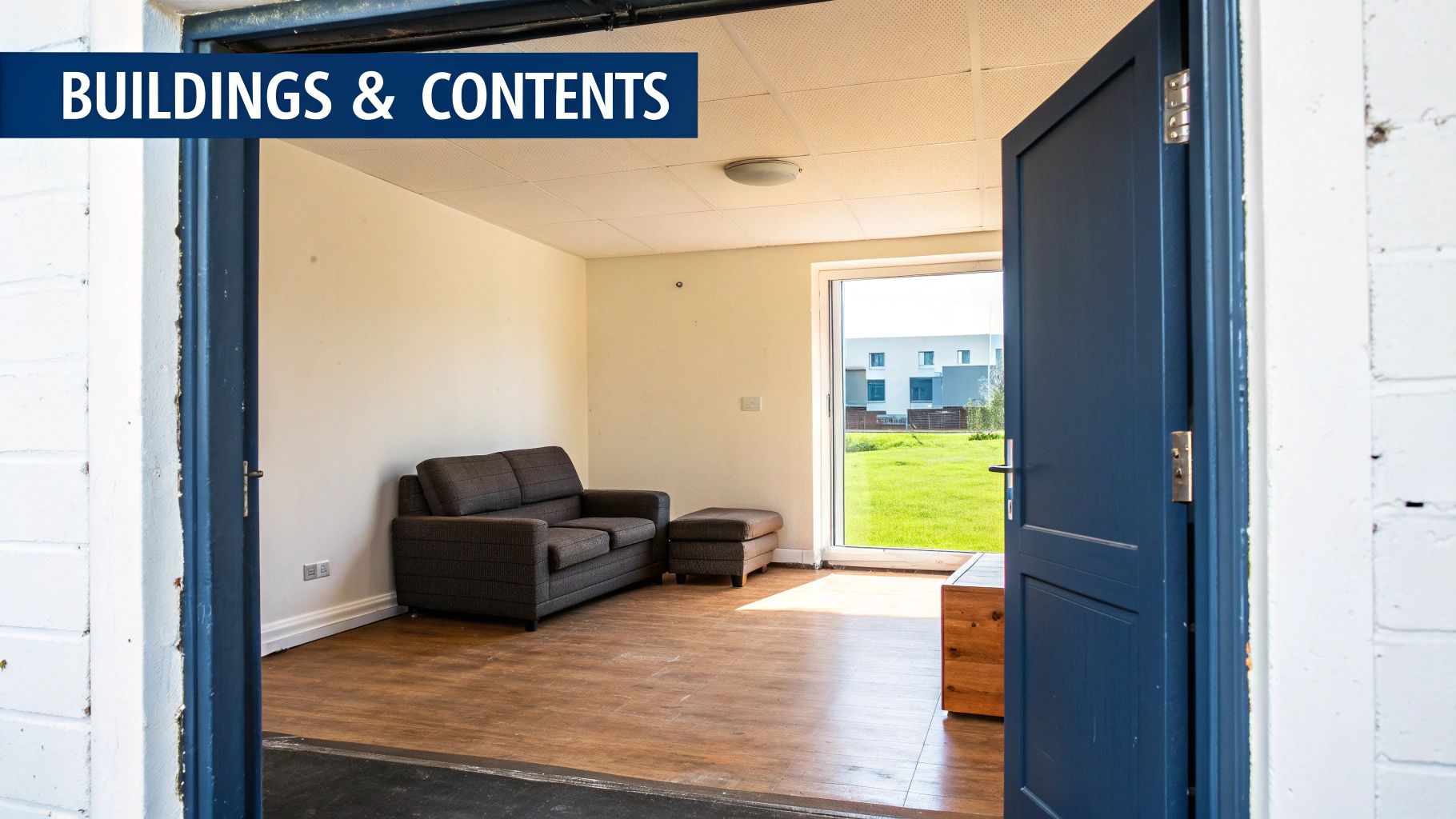
Trying to get your head around an LV home insurance policy is actually a lot simpler than it looks. At its core, the cover is built on two main pillars: buildings insurance and contents insurance . It is a simple structure designed to protect your property from the outside in.
Think of buildings insurance as the protective shell of your home. It is there to cover the physical structure itself—the walls, roof and floors—along with all the permanent fixtures and fittings like your kitchen units or bathroom suite. This is the part of the policy that steps in to cover the enormous cost of rebuilding or repairing your home after a fire, flood or subsidence.
Then you have contents insurance . The easiest way to think about this is to imagine turning your house upside down and giving it a good shake. Everything that falls out is your contents. From furniture and TVs to clothes and jewellery, this cover protects your belongings against things like theft, fire and flood damage.
Combining Cover for Complete Protection
For most homeowners, bundling these two types of protection together just makes sense. Combined buildings and contents insurance is the most popular choice in the UK, generating 70% of all written premiums . This is partly driven by rising rebuild costs, which pushed buildings-only premiums up by around 14.9% last year alone.
To really understand what your policy covers, it is also crucial to get a handle on the home appraisal process and how your home’s value is determined.
An accurate valuation ensures you are not underinsured, which could leave you seriously out of pocket during a claim. On the flip side, it also means you will not be over-insured and paying higher premiums than you need to.
Your policy will also include liability cover . This is a vital component that protects you if a visitor gets injured on your property or if you accidentally cause damage to a neighbour’s home. It is a crucial financial safety net for those completely unforeseen moments, giving you proper peace of mind.
The True Cost of Insurance Fraud to Policyholders
It is easy to think of insurance fraud as a victimless crime, something that only hits a big, faceless company. But the truth is, its effects ripple out and hit every single honest policyholder right where it hurts: their wallets.
Think of it like shoplifting in your local supermarket. Those losses from theft do not just disappear; the store passes the cost on to all of us through higher prices at the checkout. It works exactly the same way in insurance. Every slightly exaggerated or completely fabricated home insurance claim adds to a massive pool of losses and insurers have no choice but to recover that money by raising prices for everyone.
So, when your LV home insurance renewal comes through, that price is partly shaped by the dishonest actions of a small few. This is not just a minor annoyance, either. When you dig into what insurance fraud really costs the industry , you start to see a multi-billion-pound problem that needs serious attention.
Common Types of Home Insurance Fraud
Insurance fraud is not always a grand, elaborate scheme. It can start small. Some people might bump up the value of a stolen TV or add a few items to a claim that they never actually owned. It might feel like a little white lie but it is still fraud.
Then there are the more serious cases, like someone deliberately damaging their own property to file a claim or even staging a full-blown fake burglary. These are not just fibs; they are criminal acts that put a huge financial strain on the entire insurance system.
The whole idea of insurance is built on a collective pot of money funded by everyone's premiums. When fraudulent claims drain money from that pot, it has to be refilled—and that cost is shared among all policyholders.
This is why insurers like LV invest so much in spotting and stopping fraud. It is not about being suspicious of customers. It is about protecting the integrity of the system for the vast majority who play by the rules. This involves using sophisticated data analysis and in more complex situations, bringing in specialized insurance claim investigators to get the facts straight.
Ultimately, this focus on provability helps keep insurance fair and affordable for everyone.
How Technology Makes Claims Provable and Fair
After seeing how much fraud can cost, it is natural to wonder how insurers can protect honest customers. The answer is not complicated: it is about creating a fairer, more transparent claims system built on provable, verifiable evidence. This approach rewards honesty and keeps the insurance pool healthy for everyone.
The idea of ‘provability’ is simple. It is about moving past "he said, she said" arguments and relying on clear, factual evidence to back up a claim. For both you and your insurer, this is a massive step towards a more just process.
When you can provide undeniable proof of what you owned and its condition, the whole claims journey gets smoother. It removes doubt, which allows genuine claims to be validated and paid out much faster.
Putting Digital Tools in Policyholders' Hands
The best news? The most effective tools for creating provable evidence are probably already in your pocket. Your smartphone is an incredibly powerful device for documenting a legitimate claim with indisputable proof.
A timestamped photograph or a quick video clip can establish the facts of a situation in seconds. This digital evidence confirms what happened, when it happened and what was affected. This simple act of documentation creates a clear, objective record that is very difficult to dispute.
By capturing evidence at the very moment an incident occurs, you provide a factual, real-time account. This helps LV and other insurers to quickly tell the difference between a genuine misfortune and a questionable report, speeding things up for legitimate claimants.
This technology puts you in control of your claim. Instead of relying on memory or written descriptions alone, you can present a clear, visual story. You can learn more about how real-time evidence changes everything in the claims process. It is this very shift towards verifiable truth that protects the integrity of the system and ultimately, helps keep LV home insurance premiums fair for everyone.
A Step-by-Step Guide to the LV Claims Process
Experiencing a fire, flood or theft at home is an incredibly stressful time. When you are trying to figure out what to do next, knowing the path forward can make all the difference. The LV= home insurance claims process is designed to be as straightforward as possible, helping you get back on your feet quickly—especially when you have clear evidence on hand.
The absolute first step is always to make sure everyone is safe. Once any immediate danger has passed, your next move should be to contact LV= to start your claim. It really helps to have your policy number ready, along with key details about what happened, like the date and time. This initial call gets the ball rolling and connects you with a dedicated claims handler who will be your main point of contact.
Making Your Claim Manageable
Your claims handler will walk you through the next steps, including exactly what evidence you will need to support your claim. This is where having verifiable proof, like we discussed earlier, becomes so valuable. Submitting clear, timestamped photos or videos of the damage dramatically speeds up the validation process.
This simple infographic shows just how much verifiable evidence can contribute to a fairer claims journey for everyone.
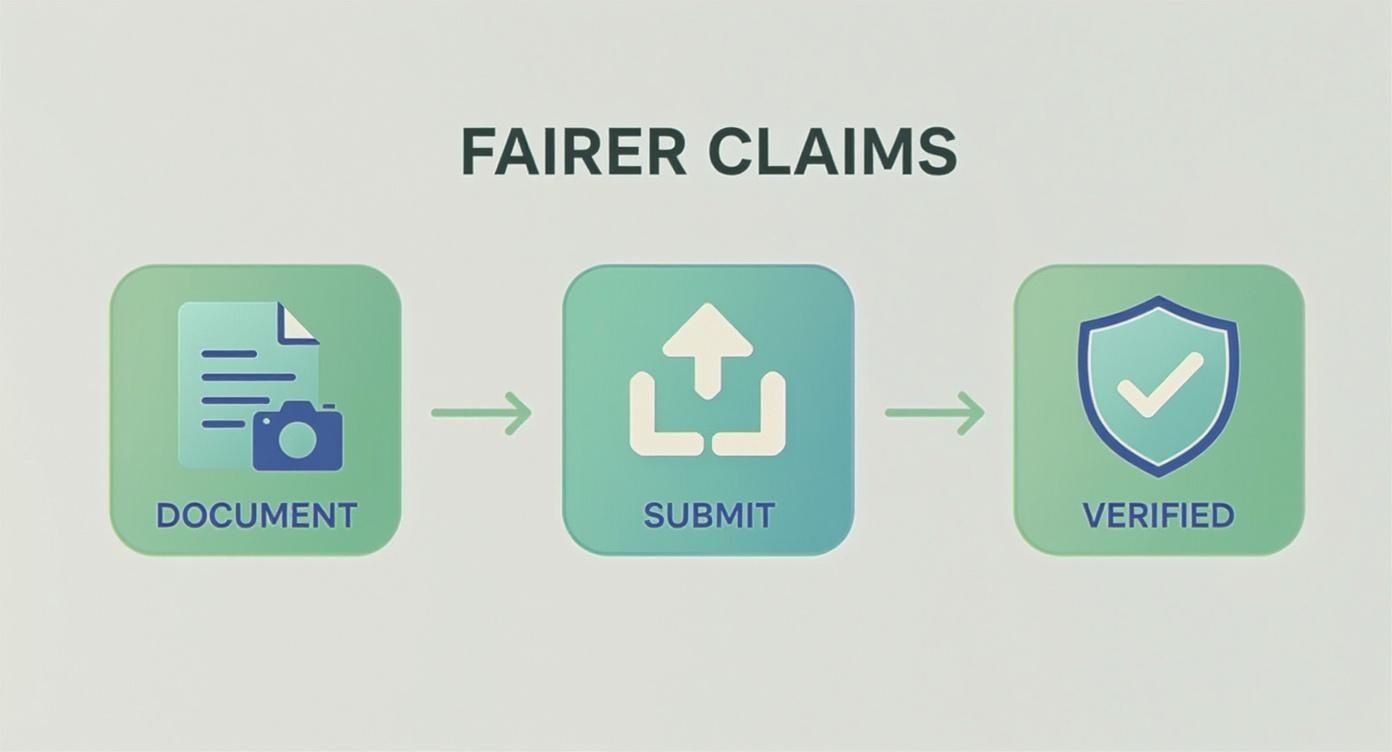
As you can see, properly documenting your claim from the start leads to a much quicker and more transparent resolution. By providing solid proof right away, you remove ambiguity and allow LV= to process your claim with greater confidence and efficiency. In the bigger picture, this kind of system helps manage rising costs across the whole industry.
A smooth, efficient claims process is more important than ever. Gross written premiums for UK household insurance recently hit £7.07 billion , pushed up by an 11.6% average premium increase driven by inflation and higher repair costs. Verifiable claims help insurers like LV= manage these pressures fairly.
This environment of rising expenses really highlights why an efficient claims system benefits both policyholders and insurers. You can learn more about the factors driving the UK household insurance market on GlobeNewswire. Once your evidence is reviewed and approved, LV= will move forward with arranging repairs, replacements or a cash settlement, all with the goal of reaching a satisfactory resolution for you.
Got Questions About LV= Home Insurance?
Working out the details of any insurance policy can feel a bit like reading the small print. To help you get a clear picture of what you can expect from LV= home insurance , I have pulled together some of the most common questions and answered them directly.
This should help you get to grips with the finer points of their cover so you can make a decision that feels right for you.
Does LV= Home Insurance Cover Accidental Damage as Standard?
This is a big one. As a rule, standard LV= home insurance policies do not include accidental damage automatically. It is usually something you can add on as an optional extra.
It is really important to check your policy documents to see what is included. This kind of cover is invaluable for those everyday mishaps—like spilling paint on the carpet or knocking over the TV—so it is definitely worth thinking about when you get a quote.
How Can I Reduce My LV= Home Insurance Premium?
There are a few solid ways to bring your premium down. Taking these steps can often trim the price:
- Increase Your Voluntary Excess: If you agree to pay a bit more towards any claim you make, your overall premium often drops.
- Improve Your Home Security: Insurers like to see you are proactive. Installing insurer-approved locks and alarm systems can lead to some decent discounts.
- Build a No-Claims Discount: It is a classic for a reason. Staying claim-free for several years is one of the most reliable ways to get lower premiums over time.
- Get Your Valuations Right: Make sure you accurately estimate the value of your contents. If you over-insure, you are just paying for cover you do not need.
What Is the Difference Between 'New for Old' and 'Indemnity' Cover?
These two terms sound a bit jargony but they are crucial because they define how your insurer pays you back after a loss. The difference is pretty significant and directly affects the payout you would get.
'New for old' cover is exactly what it sounds like. If an item is damaged beyond repair or stolen, LV= will pay for a brand-new replacement of a similar spec. It does not factor in depreciation, making sure you can replace what you have lost without being left out of pocket.
On the flip side, 'indemnity' cover takes wear and tear into account. The payout you get reflects the item's value at the time of the loss , not what you originally paid for it. Most LV= contents policies offer 'new for old' cover as standard for many items, but it is always smart to double-check your policy schedule to be sure.
At Proova , we are focused on creating a more transparent and fair insurance system for everyone. Our platform helps you securely document your belongings, which not only makes the claims process smoother but also helps protect everyone from the impact of fraud. Find out more at https://www.proova.com.



